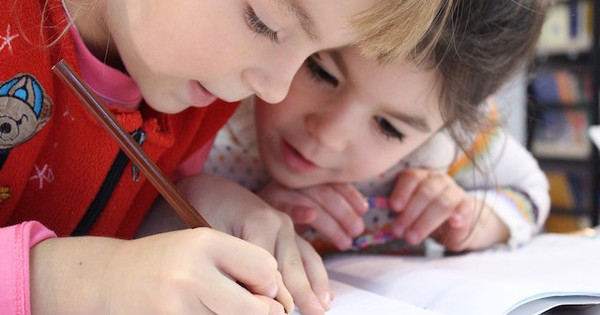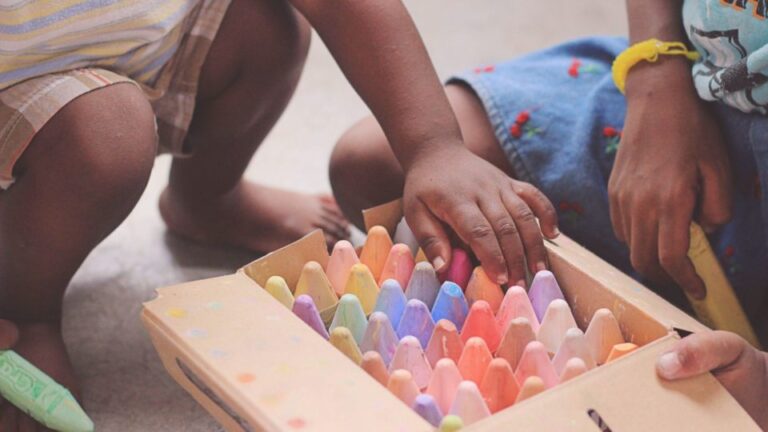“Pela minha experiência, as escolas single-sex masculinas permitem aos meninos não só um desenvolvimento acadêmico, mas que possam explorar quem são durante os anos cruciais da adolescência.”
Leia abaixo o artigo sobre o tema, por Sarah Burns:
Boys, as well as girls, perform better in single-sex schools
Sarah Burns, head teacher Sandbach School
2016-03-14The recent publication of the 2015 GCSE performance tables has put the performance of single-sex and mixed gender schools in the spotlight once again.
Writing for SchoolDash, founder Timo Hannay set about looking at the facts and figures surrounding single-sex secondary schools in England, comparing their data with that of mixed-sex schools. In his conclusion he states “if you’re a boy then going to a single-sex secondary school is unlikely on its own to improve your grades”. I beg to differ and here’s why.
There is a stubborn achievement gap in England at GCSE between the performance of boys and girls. Typically, girls perform about 9 per cent better than boys in headline measures.
Therefore, in order to carry out an objective analysis of the academic performance of boys and girls, basic controls must be established; the schools must be a similar type and the performance of the gender in a single-sex school must be compared against the performance of the same gender in mixed schools.
Otherwise, the performance of girls in a mixed-sex school has the effect of masking the performance of boys.
When this is done, the 2015 GCSE results show that boys in single-sex schools outperform boys in mixed schools in a variety of performance table measures. This is not only true when all boys’ schools are included in the data but also when selective schools are excluded from the data set.
In the headline measure of 5 A*-C including English and maths, boys in non-selective single-sex schools achieved 10 per cent better than boys in non-selective mixed-sex schools.
In maths, for the expected progress measure, boys in single-sex schools achieve 7 per cent higher and girls an impressive 9 per cent. The same pattern of non-selective single-sex schools outperforming mixed-sex schools is present in other performance measures including the percentage of students achieving A*-C in English and Maths and average capped point score.
So why is this information about boys’ achievement in single-sex schools such a well-kept secret? Little is written about the achievement of boys in boys’ schools compared to the achievement of girls in their respective single-sex schools, but it should be celebrated.
Here are a group of schools who are helping boys to claim back some of the academic ground lost to girls at GCSE. They may be relatively few in number but they have expertise in teaching boys, which ideally positions them to examine barriers to boys’ achievement and to generate solutions that can be useful in all schools.
Perception of comprehensive boys’ schools is often skewed; influenced by a generation of fathers who loathed their single-sex experience, where regimes were often harsh and uncompromisingly macho. But today’s boys’ schools are a far cry from the ‘Tom Brown’s School Days’ era.
In my experience, boys’ schools allow boys the time and space to not only develop academically, but to explore who they are during the crucial hormonal years.
I concede that there is little real evidence to back up claims about elusive factors such as happiness, self esteem or sociability; however, when there is reliable data to hand it should be used to inform the debate and, to that end, the record can be put straight. Boys – as well as girls – perform better academically in single-sex schools.
Furthermore, this pattern is not restricted to the headline measure only. When levels of progress in English are examined from KS2 to KS4, levels are 8 per cent higher for boys in single-sex schools; ironically the figure for girls in non-selective single-sex schools is only 5 per cent.
Clique aqui para saber mais.






